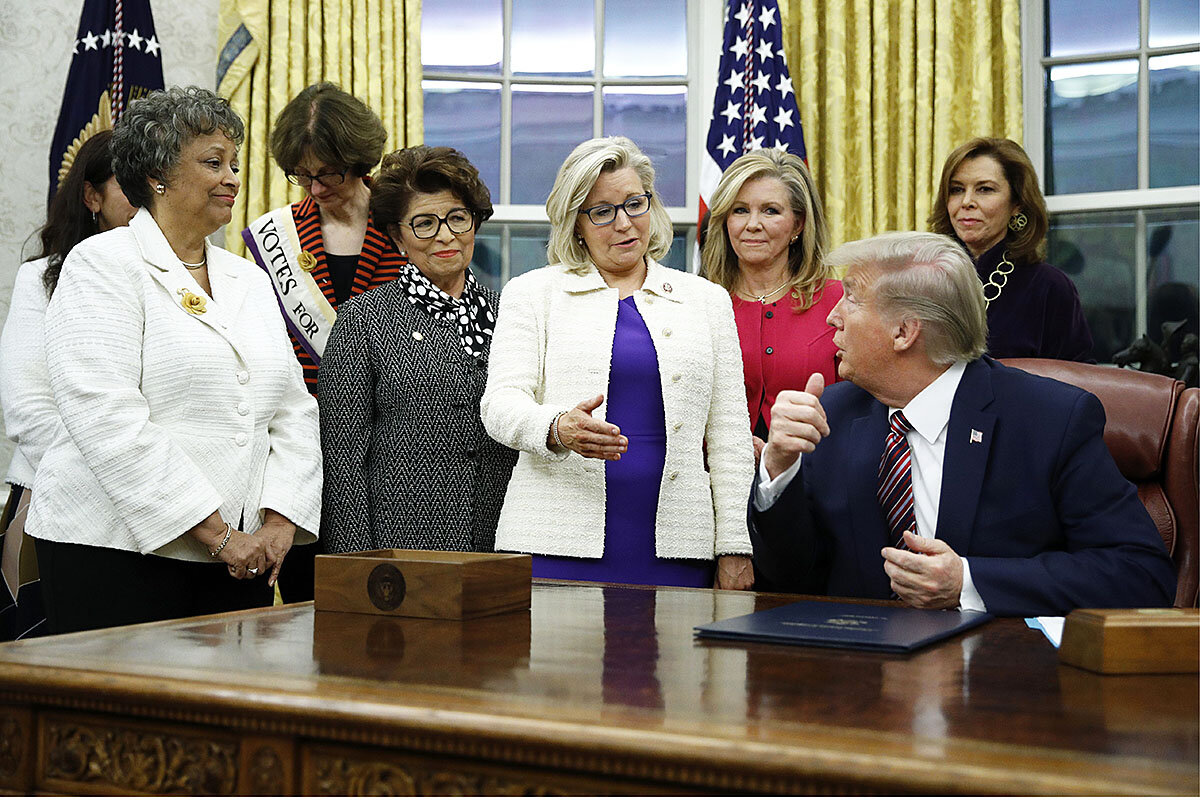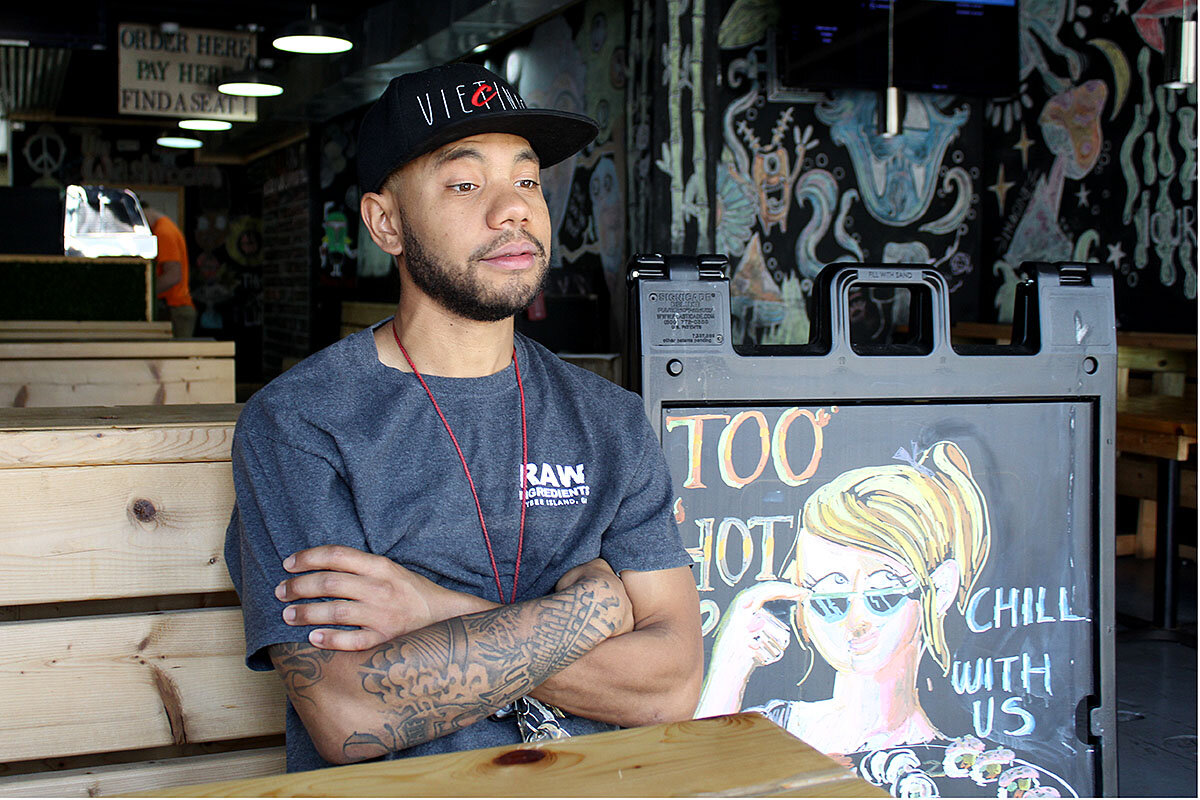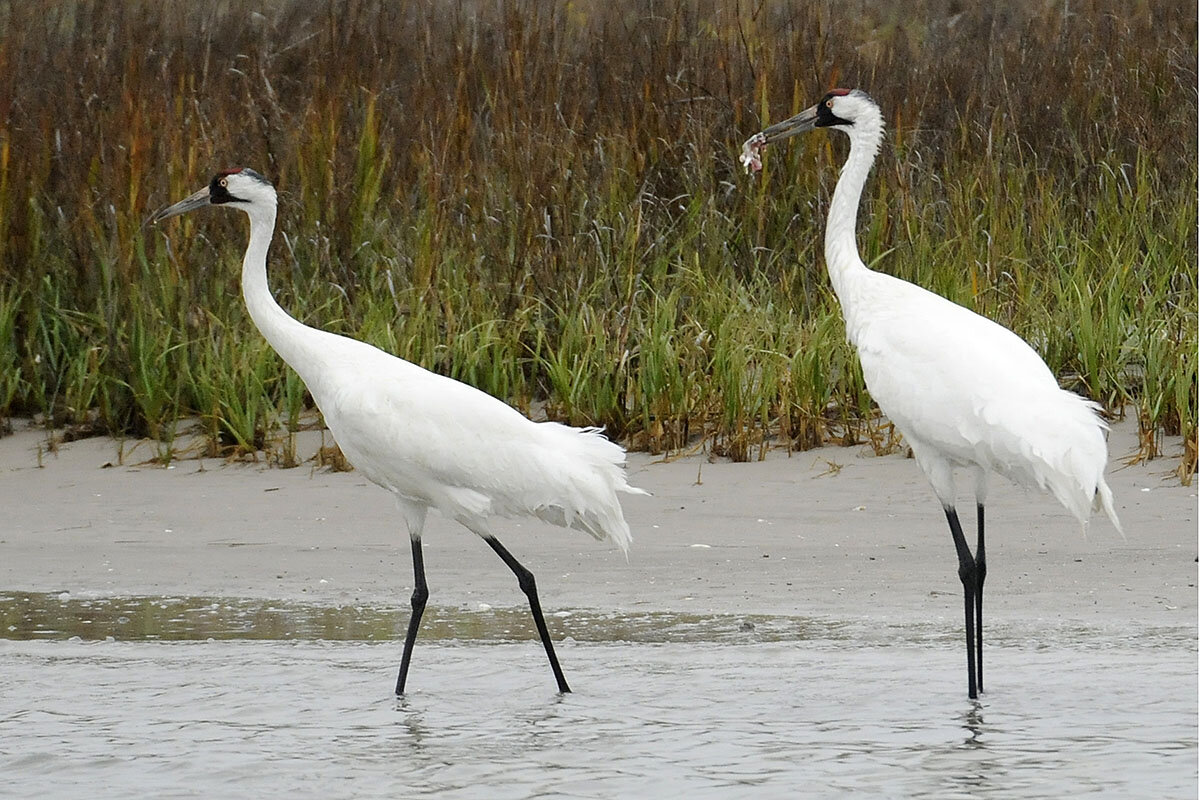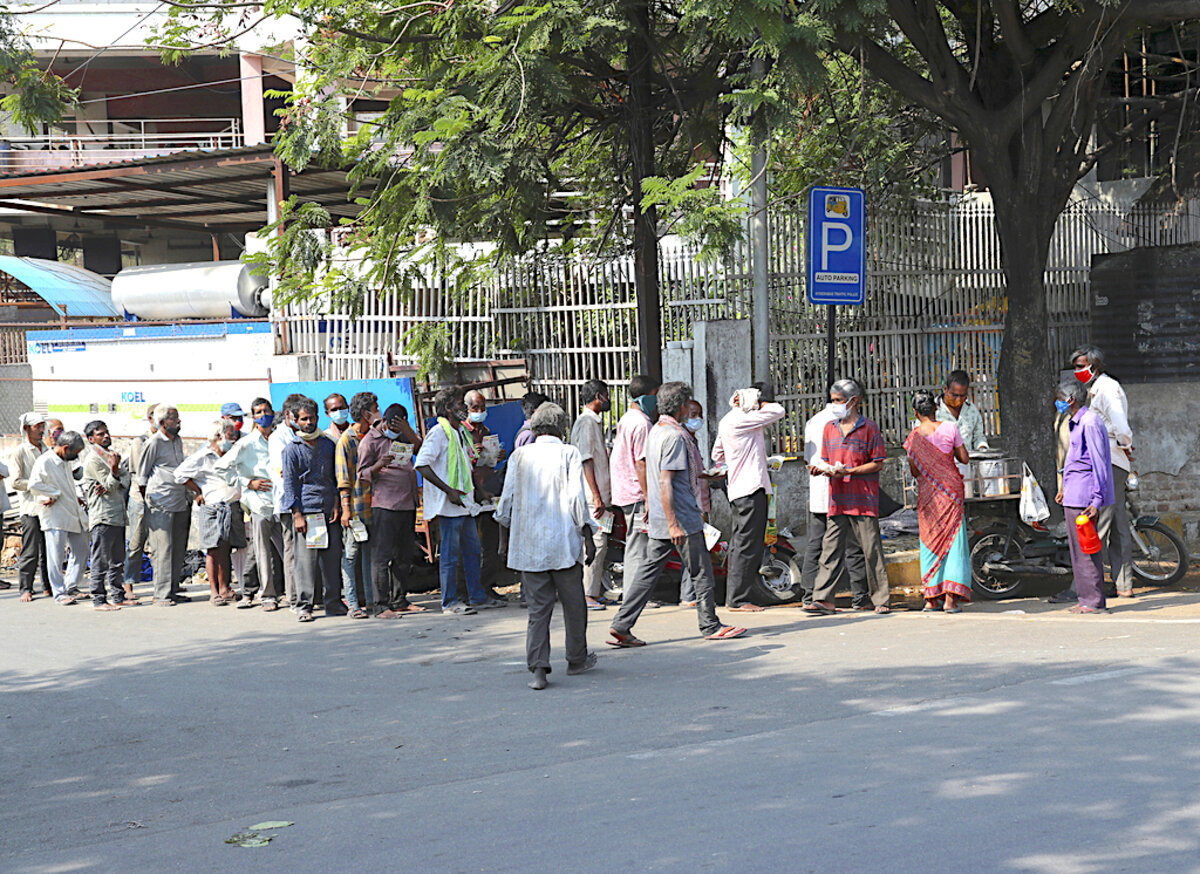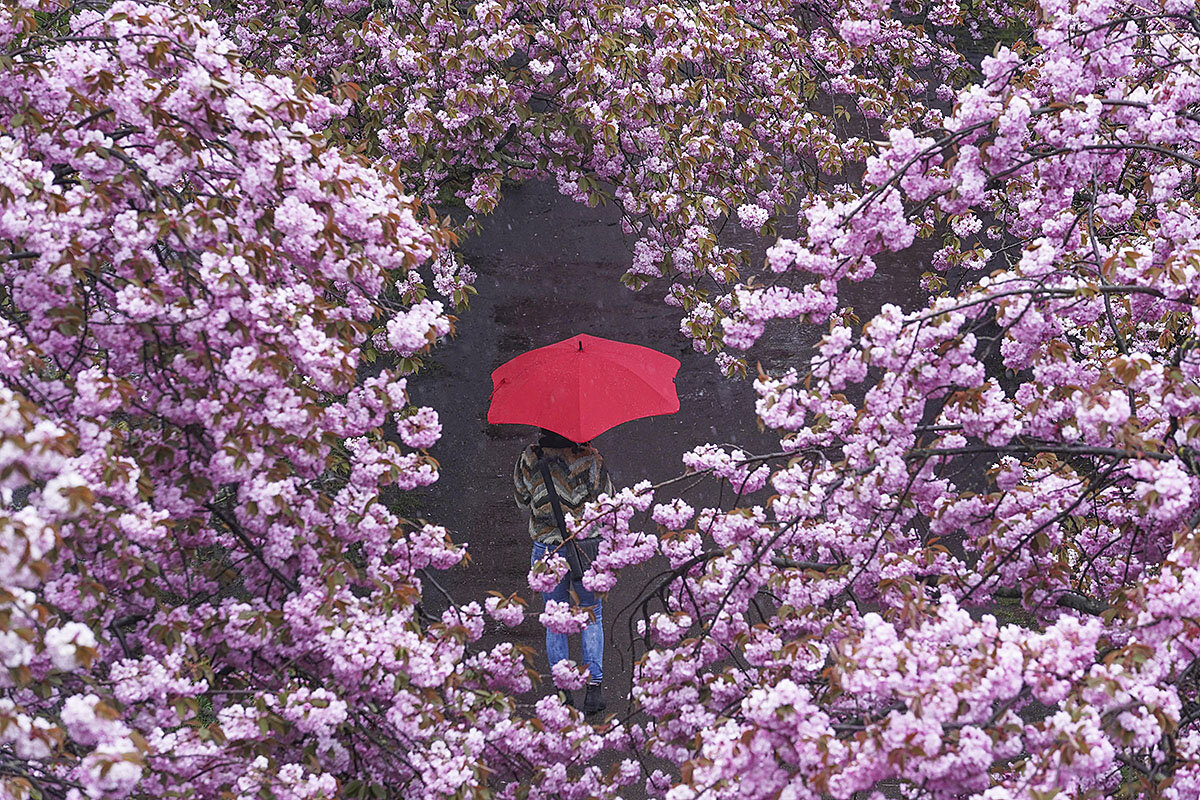True leadership often involves making hard choices. President Biden’s support for a vaccine patent waiver received mixed reviews. But it signaled a U.S. intent to return to global moral leadership.
Monitor Daily Podcast
- Follow us:
 Linda Feldmann
Linda Feldmann
The cicadas are coming. Time to pull out the frying pan? For those excited about the insects that will soon emerge from underground in the eastern United States – a once-every-17-years phenomenon – it’s an opportunity to tantalize the palate.
Yes, cicadas are edible, as are many insects – an excellent source of protein. Recipes are . Cultural norms are being reevaluated. And we’re all being to eat less meat to address climate change.
“I know I’ll be snacking on a few,” retired entomologist Michael Raupp told the Monitor’s Dwight Weingarten as he reported a story on cicada “life lessons.”
Somehow, eating a creature that can offer life lessons feels wrong. But it’s really the “ick” factor that turns off most Americans from eating insects. When a college friend returned from a Peace Corps stint in what was then in the early 1980s, he brought back a big plastic bag of dried-over-a-fire grasshoppers.
“Try one!” Bruce offered. We hesitated and finally relented. Crunchy. Maybe a little bitter. I didn’t gag, but I also didn’t go for seconds.
Almost 40 years later, Bruce reminisces enthusiastically about all the insects he ate – crickets, termites, flying ants, palm beetle grubs “the size of your thumb” – and how he learned to overcome his bias.
“Much of the world finds bugs of one sort or another a great treat,” Bruce writes in an email. “It’s all in our heads, we Westerners.”





